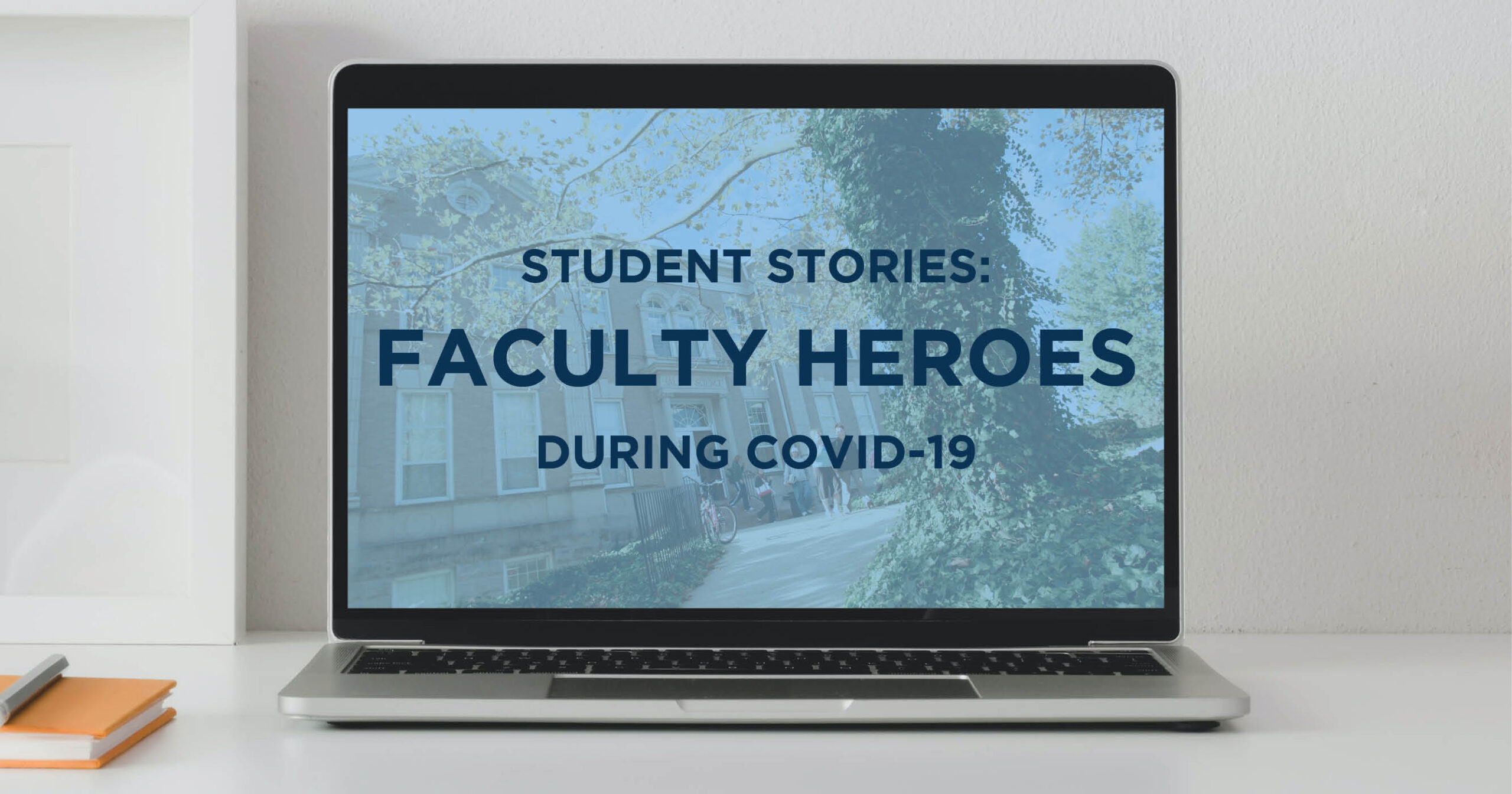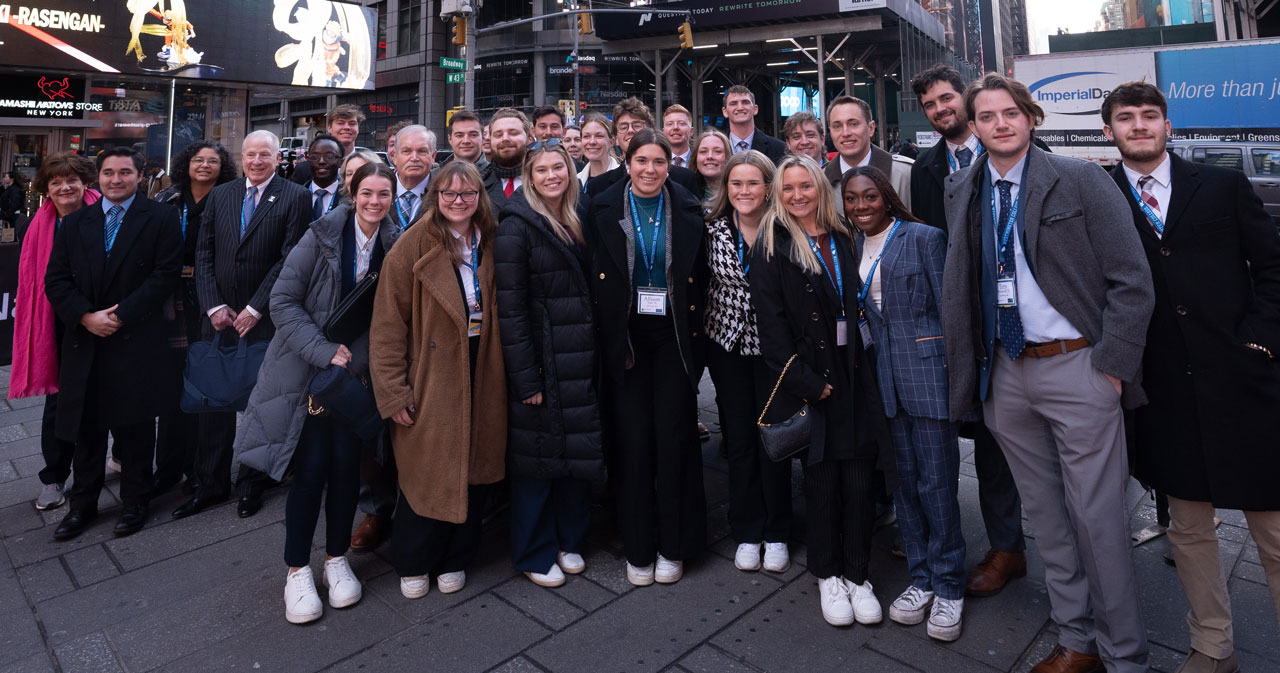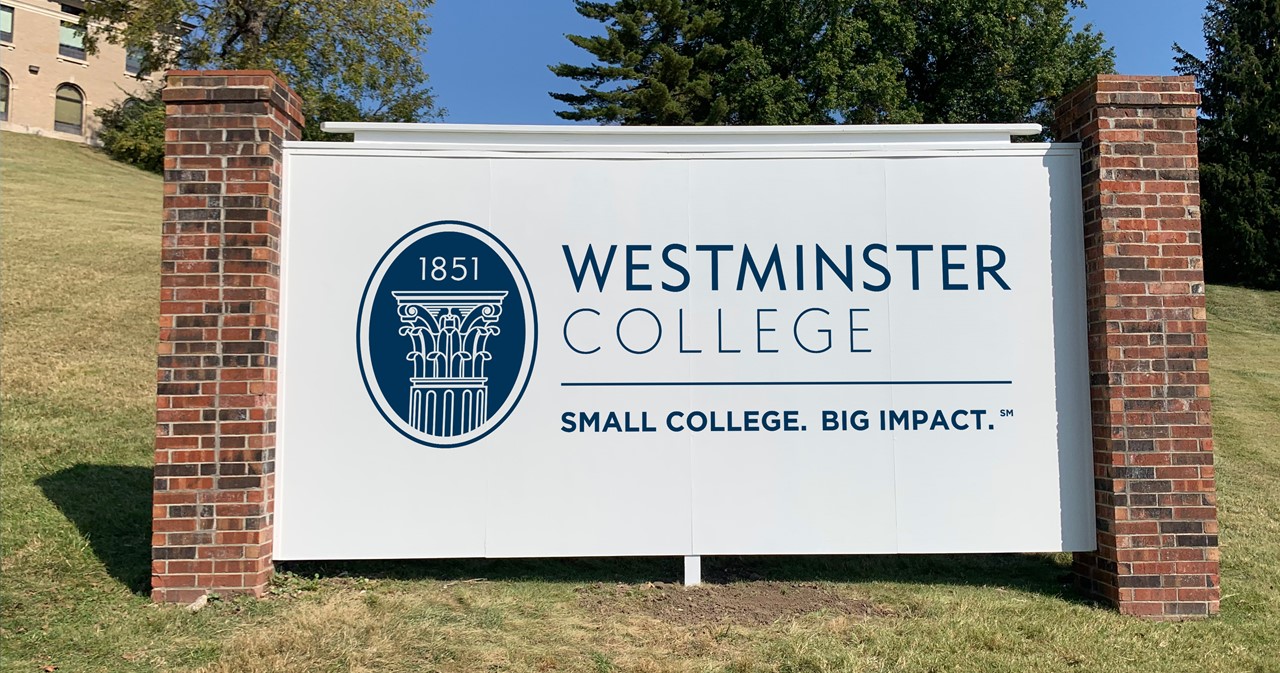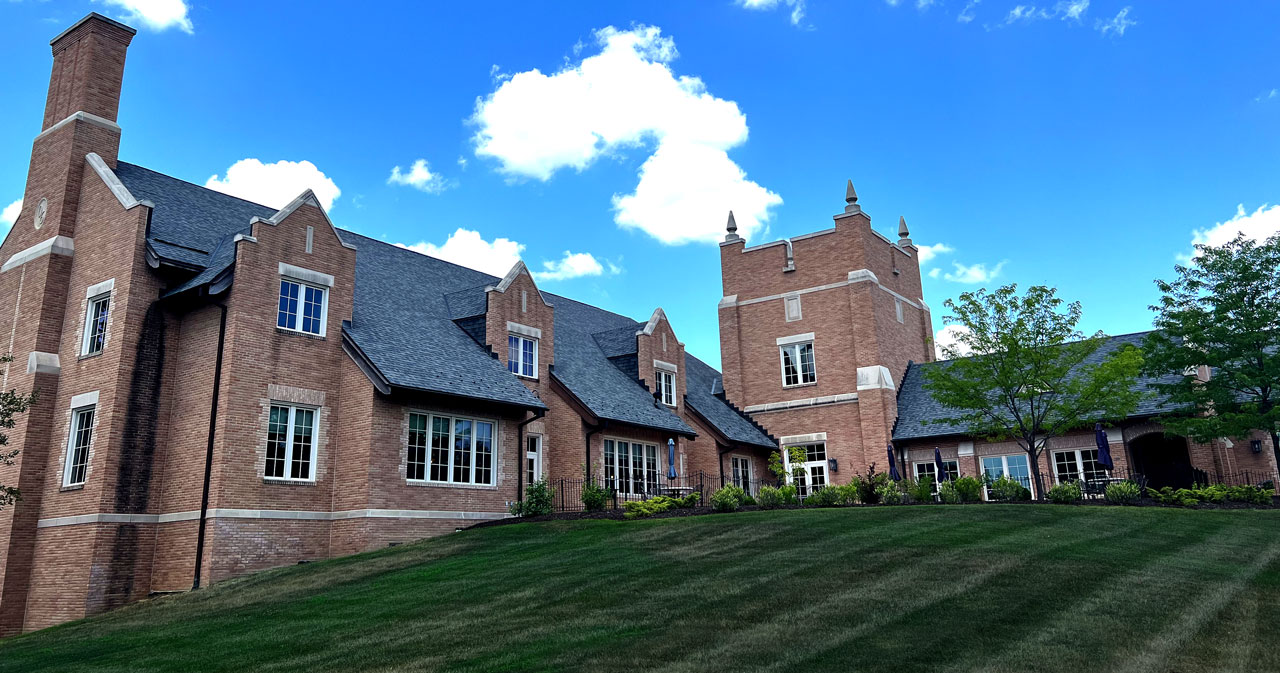By Student Storyteller Cole Philipp, Class of 2022
In the Spring of the 2019-2020 school year, most schools across the United States began to be affected by the cornavirus pandemic that was affecting countries worldwide. Westminster College was not an exception, and during that time professors needed to act. These professors had to move quickly, taking up the challenges to transition from in-class learning to online based courses. This challenge was taken up with great stride and prowess as Westminster College offered programs to transition to online learning. One of the leading examples of this transition was Dr. James McRae.
Dr. McRae is a philosophy and religions professor at Westminster College and is known for his hands-on classroom learning, focusing strongly on discussions and face to face teaching. Thankfully Dr. McRae did not need any help learning to use the technology to help him adapt to teaching online, noting, “I’ve been a team leader for Digital Blue and I love using technology in class, so I was able to adapt to using Canvas and Zoom pretty easily.” But this did end up affecting his course schedule he had planned.
Dr. McRae admitted that his courses did have to be shifted around, focusing more on take home test and on-line lectures through Keynote rather than using Zoom video chat during class. When asked why Keynote over Zoom, Dr. McRae responded, “Some of my students have no internet connection at home, while others have parents/siblings who are constantly online for work/school (which makes bandwidth an issue).” Dr. McRae took into account students’ needs and the fact that many people are working from home now. He also said that he believed Keynote could best get through the pandemic even though some of his colleagues have been using Zoom.
Dr. McRae has done an incredible job switching to the online format even going as far as to point out the advantages such as, “The asynchronous format does allow students to complete work whenever it best fits their schedules.” Student Alicia Key agreed, saying, “Being asynchronous lets me prioritize my assignments,” noting that it is easier than, “trying to get onto Zoom at a certain time.” Knowing that this is best for students who have larger course loads in other classes during these trying times.
Dr. McRae admitted he feels many things are lost with the virtual format that usually work better in the classroom. He has noticed, “There is a lack of direct contact, which makes answering questions and conducting class discussions rather difficult.” As a professor who teaches subjects that are all about discussion, this has been hard for him, he feels that, “One of the most important skills you get from philosophy is the ability to think on your feet.”
As Dr. McRae works through his virtual courses, he pushes through the problems and focuses on what he can do to make things work. Student Jacob Dehesa was happy to point out, “His experience and professionalism has always shined in the physical classroom and it’s no surprise it continues to in the online classroom as well.” Dr. McRae continues doing what is best for his student and best for the subjects he is teaching them. He is also looking forward to being in the classroom again and being able to focus on that in class time with students, when asked if he missed the classroom he stated, “Absolutely. I hope we can return to normalcy in the fall.” Like many people Dr. McRae hopes that the pandemic will not affect his plan for the fall semester and what he is able to do to best help his students.
Sarah Rummel Backer is the Director of Media Relations and Senior Writer at Westminster College in Fulton, Missouri. A proud Westminster graduate, Sarah has more than 20 years of experience in marketing and strategic communications in the areas of higher education, medicine, agriculture, and the private business sector.






